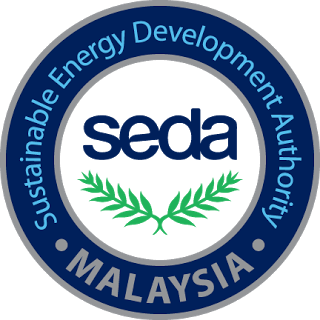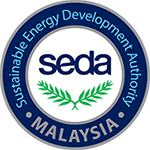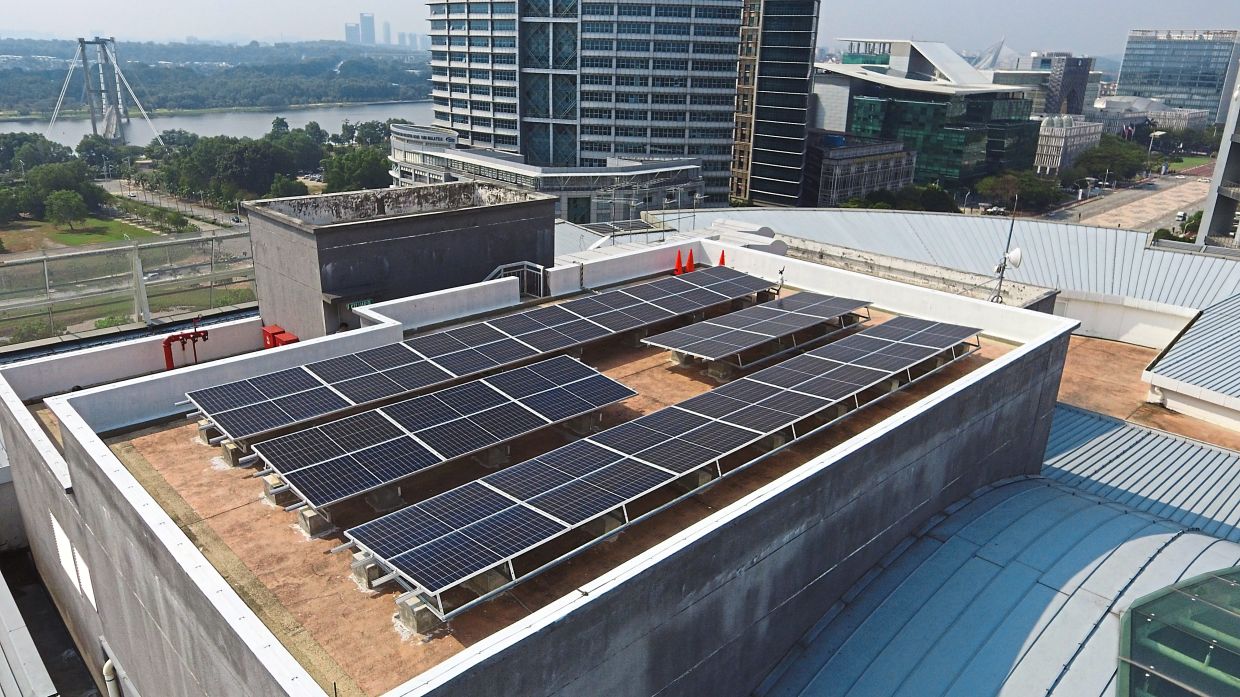PIONEERING efforts by the Sustainable Energy Development Authority (SEDA) Malaysia for a decade to widen the use of sustainable energy have seen encouraging growth.
Since its establishment under the Energy and Natural Resources Ministry on Sept 1, 2011, an array of initiatives have been introduced – not limited to the implementation of renewable energy programmes – and include efforts that promote energy efficiency.
In line with our national aspiration, SEDA’s commitment and contribution not only helps with environmental sustainability but also adds value to human resource and renewable energy development whilst providing economic returns for the country.
It is also in line with global efforts towards an accelerated transition to renewable sources of energy, aimed at tackling climate change and greenhouse gas emission issues.
The Energy and Natural Resources Ministry, through SEDA, finalised the Malaysia Renewable Energy Roadmap (MyRER) 2035 on Dec 30 last year to drive and guide the industry to achieve renewable energy targets in creating low carbon energy sectors.
MyRER estimates that the mixed energy in the country’s electrical supply will reach 31% by 2025 and 40% by 2035.
The projected renewable energy capacity will end up contributing to a 45% reduction in carbon emission intensity by 2030 as set in the nationally determined contributions (NDC) plan.
SEDA Malaysia also acts as the implementing agency for these programmes. One such programme is the Feed-in Tariff (FiT) mechanism which serves as a catalyst in developing the renewable energy sector, which in turn will open long-term investment avenues for individuals, companies and the country as a whole.
In November 2016, the Government introduced the Net Energy Metering (NEM) scheme to further encourage generation of electricity through clean energy. The NEM programme allows users to utilise electricity generated from solar PV on their rooftop, with the excess power exported to TNB on a one-on-one offset basis. As of December 2021, 294.31MW has been approved under the programme.
Just last year too, SEDA Malaysia promoted energy saving habits amongst Malaysians through its Sustainability Achieved via the Energy Efficiency (Save) 2.0 programme.
The programme gave rebates of RM200 for purchases on four- or five-star energy efficient air conditioners and refrigerators. This resulted in electricity bill savings of RM21.8mil with a reduction of 38.3 kilotonnes of carbon emissions.
The programme will continue with Save 3.0 this year, adding other energy efficient electrical appliances including washing machines, televisions, electric kettles and microwaves.
Additionally, SEDA has various training programmes on human resource development, particularly in two main areas – renewable energy and energy efficiency. Over 5,000 participants attended the two courses between 2011 and 2021.
Another testament to SEDA’s efforts is the SEDA Malaysia Voluntary Sustainable Low Carbon Building Performance Assessment-GreenPASS and Certification. So far, 135 buildings in the country have had their applications approved with a total energy savings of 1,218.8 GWh – equivalent to 84,173 tonnes of carbon emission reduction.
Despite challenges in developing renewable energy comprehensively, especially with Covid-19 throwing a spanner in the works, SEDA Malaysia will continue to promote the energy transition in delivering the commitment to become a net zero carbon emission country by 2050.
Source: The Star


